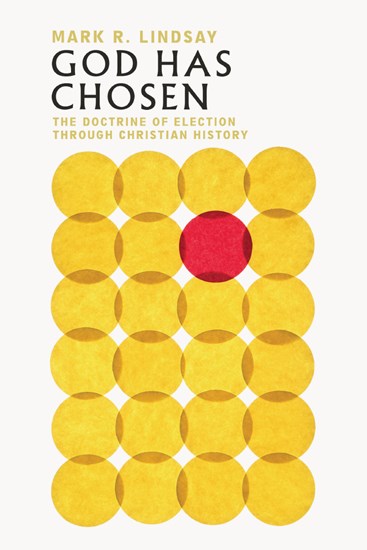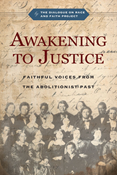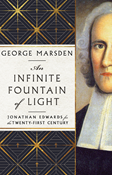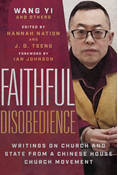
|
God Has Chosen
paperback
|
- Length: 248 pages
- Dimensions: 6 × 9 in
- Published: August 11, 2020
- Imprint: IVP Academic
- Item Code: 5322
- ISBN: 9780830853229
-
Other Retailers:
Amazon*
*affiliate partner
-
ebook
"He chose us in Christ before the foundation of the world . . ."
Among the traditional tenets of the Christian faith is the belief that God chooses or elects people for salvation. For some Christians, such an affirmation is an indication of God's sovereign and perfect will. For others, such a notion is troubling for it seems to downplay the significance of human agency and choice. Throughout the church's history, Christians have sought to understand the meaning of relevant biblical texts and debated this theological conundrum.
With care and insight, theologian Mark Lindsay surveys the development of the Christian doctrine of election. After exploring Scripture on this theme, he turns to the various articulations of this doctrine from the early church fathers, including Augustine, and medieval theologians such as Aquinas, to John Calvin's view, the subsequent debate between Calvinists and Arminians, Karl Barth's modern reconception of the doctrine, and reflections on election in the shadow of the Holocaust.
On this journey through the Bible and church history, readers will discover how Christians have understood the affirmation that God has chosen.
"God Has Chosen is a brilliant contribution to a biblically grounded, historically sensitive, and theologically generous vision of election. May Lindsay's plea for a more expansive and comprehensive understanding of the doctrine find a wide readership and warm reception in the academy and in the church."
"What a rich and stimulating book! Lindsay interprets election not solely in light of the various historical controversies regarding predestination, but also in light of the correlative understandings of the body politic and especially the Jewish people. In so doing he offers a theology of election or predestination that is also a subtly drawn political theology as well as an insistent engagement of ongoing Judaism within Christian theology proper. A rare work of systematic theology whose range actually lives up to its systematic ambitions."
"In this fine study, Mark Lindsay moves at pace and with sharp insight over the complex historical-theological terrain required for us to understand the doctrine of election in its long and contested development to the present day. The lucid discussion that results illumines how this doctrine can be considered the very sum of the gospel by its proponents but impious speculation by its detractors, old and new. The closing exploration of the meaning of the doctrine for Christian-Jewish encounter in the shadow of the Holocaust confronts us with questions whose theological importance simply cannot be denied."
"The doctrine of election has elicited a number of fine studies in recent years, and Lindsay's volume deserves a high place among them. Eschewing the well-worn path of focusing primarily on issues of election and individual salvation, Lindsay highlights the ecclesial and sociopolitical contexts of key articulations of the doctrine. Of particular note are his reflections on how Christian accounts of election speak of the Jewish people, and on Jewish approaches to election post-Holocaust, with a concluding plea for us to recognize the consistent scriptural theme of the expansiveness of God's grace in election."
"This volume offers a lucid and thoughtful exploration of one of the most vexing points of the Christian faith—the doctrine of election. Attending in turn to its scriptural foundation, historical development, and contemporary complexity, Lindsay does not shy away from any of the difficult aspects of the teaching, but seeks to further its understanding in a way that evidences his years of wrestling with its meaning and significance. In doing so, he provides readers less familiar with the doctrine with a sensitive, helpful guide that is sure to provoke deeper reflection and further reading."
CONTENTS
Acknowledgments
Abbreviations
Introduction
1. Scriptural Traces of Election
2. The Doctrine of Election in the Writings of the Fathers
3. The Middle Ages
4. The Reformation and Early Post-Reformation Controversies
5. Public and Private Election in the Nineteenth Century
6. Karl Barth's Reconsideration of the Doctrine of Election
7. Reconstituting Election in the Aftermath of the Holocaust
8. Conclusion
Bibliography
Name Index
Subject Index
Scripture Index












